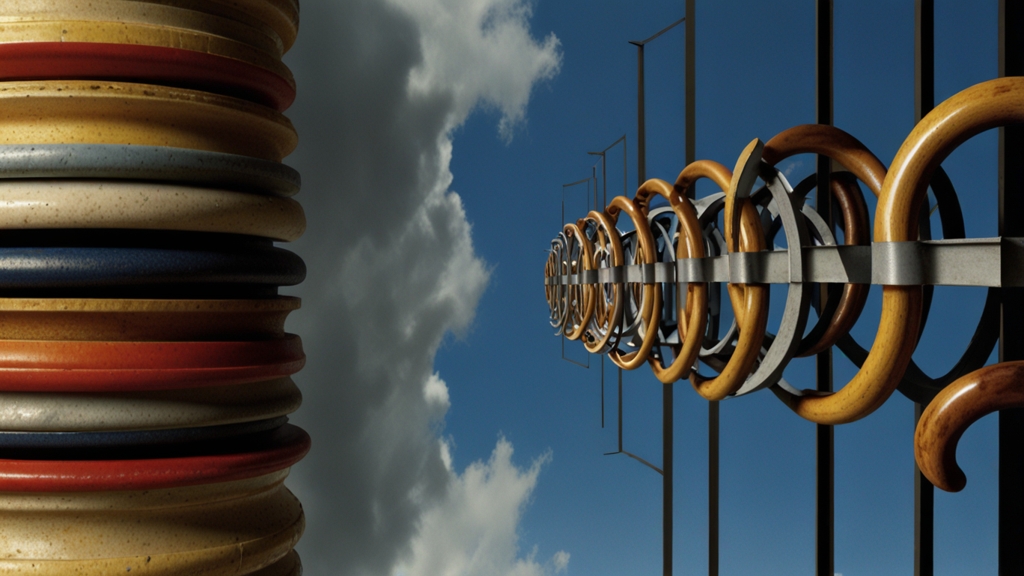The Paradox of Choice: A Philosophical Examination of Freedom
In contemporary society, the notion of freedom is often equated with the availability of numerous choices. The proliferation of options in every sphere of life—from the supermarket aisle to career paths—seems to epitomize progress and autonomy. However, the abundance of choice may paradoxically inhibit true freedom, leaving us overwhelmed and less satisfied. This phenomenon is encapsulated in what is known as the "Paradox of Choice."
The Concept of Freedom
Classical philosophy has long grappled with the nature of freedom. Ancient Greek philosophers like Aristotle and modern thinkers such as Immanuel Kant have posited that freedom is not merely the presence of choice but the ability to make reasoned, informed decisions. True freedom, therefore, involves more than just the quantity of choices; it necessitates the quality of those choices as well.
"It is not what we have, but what we enjoy, constitutes our abundance." — Epicurus
Overwhelmed by Choice
The abundance of options can lead to a state of paralysis. In his groundbreaking work, psychologist Barry Schwartz identifies "choice paralysis" as a condition where individuals find it challenging to make any decision at all when confronted with a myriad of options. This is evident in everyday scenarios such as choosing a product online, where the sheer number of alternatives can stall our decision-making process.
"The difficulty in life is the choice." — George Moore
The Illusion of Autonomy
Beyond paralysis, the proliferation of choices can create an illusion of autonomy. If the options available are superficial or dictated by external pressures—such as societal norms or marketing strategies—then our so-called freedom is compromised. Genuine autonomy involves making choices that align with our values and authentic desires, not merely selecting from a pre-defined set of alternatives.
Impact on Well-being
The psychological implications of the paradox of choice are profound. Research indicates that an excess of choices can lead to decreased satisfaction and increased anxiety. The constant contemplation of "what might have been" fosters regret and diminishes overall well-being. Instead of feeling liberated, individuals often experience a sense of entrapment by their decisions.
"To be able to make a choice, one must be better informed rather than merely presented with a wider array of possibilities." — Unknown
Solutions and Reflections
Limiting choice can enhance freedom by streamlining decision-making and focusing on what genuinely matters. Philosopher and psychologist William James suggested that simplifying life's choices can lead to a more fulfilling existence. Moreover, cultivating self-awareness and understanding personal values can guide individuals in making meaningful choices, thus enhancing actual freedom.
In conclusion, the paradox of choice challenges our conventional understanding of freedom. It compels us to reflect on the nature of autonomy and the conditions under which true freedom can be exercised. By recognizing the limitations of having too many choices, we can strive towards a more balanced and fulfilling approach to decision-making, one that prioritizes quality over quantity.
Final Thoughts
The paradox of choice serves as a crucial lens through which to examine the complexities of modern freedom. As we navigate an era characterized by boundless options, it becomes imperative to differentiate between superficial freedom and genuine autonomy. By doing so, we not only alleviate the burden of choice but also pave the way towards a more meaningful and free existence.




